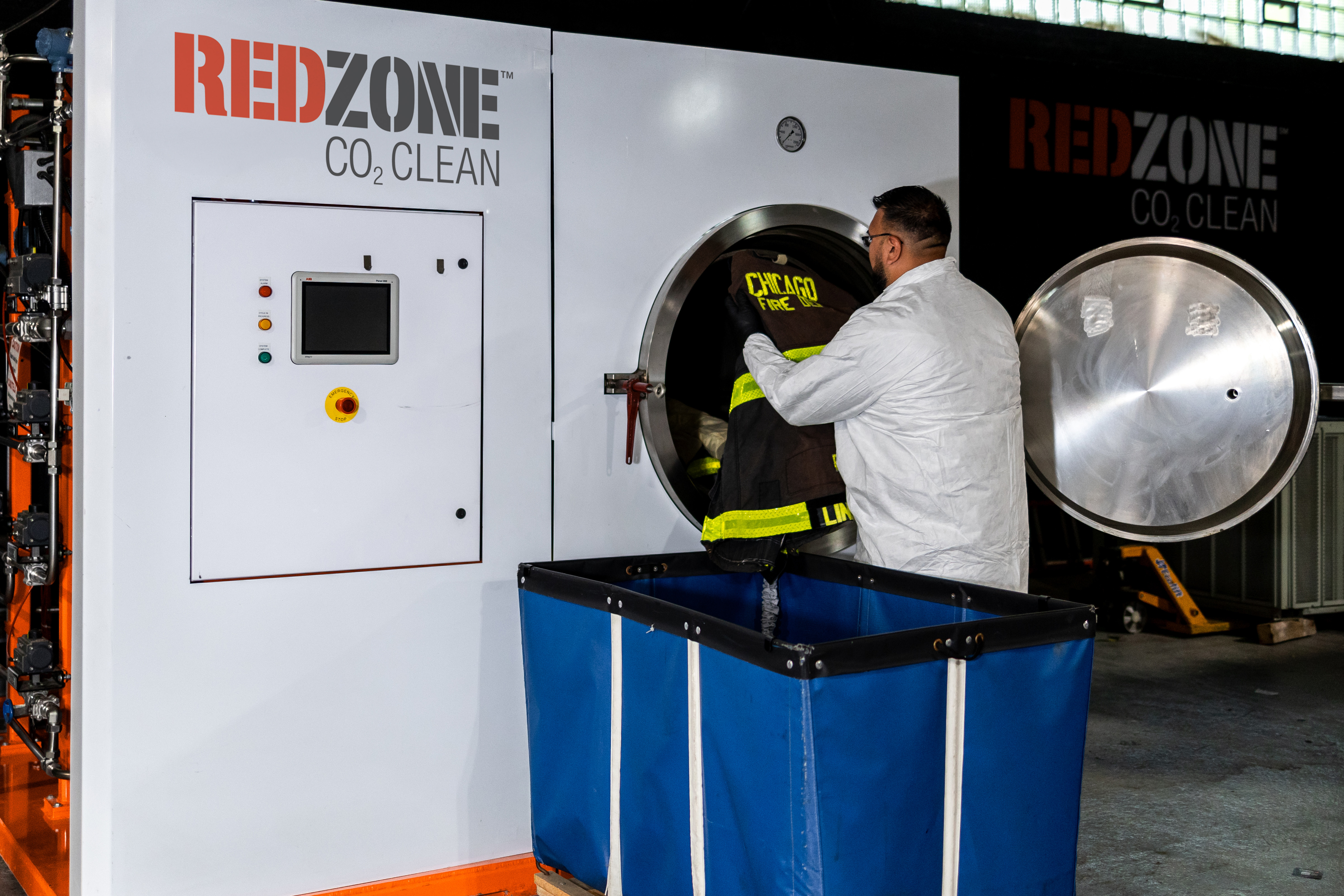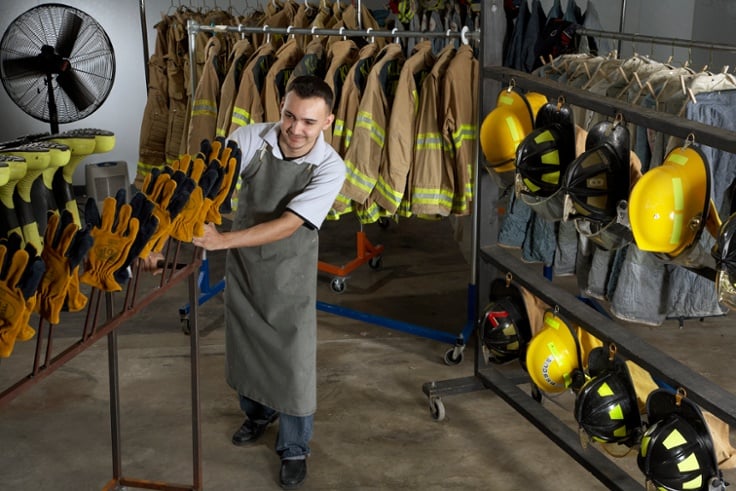Customize your experience:
Viewing All Products
Viewing Products
View All Products
View Products
Search
Login
-
Training Tools
- Digital Training Props
-
Live Fire Training Props
- Hose Line Training System (H.L.T.S.)
- Vehicle Fire Training Prop
- Pressure Vessel Fire Training Prop
- Stove Fire Taining Prop
- Electric Motor Fire Training Prop
- Dumpster Fire Training Prop
- Barbeque Grill Fire Training Prop
- Paint Locker Fire Training Prop
- Split Pipe Flange Fire Training Prop
- Gas Meter Fire Training Prop
- Fuel Spill Fire Training Prop
- Trashcan Fire Training Prop
- Propane Cylinder Fire Training Prop
- Pipe and Valve Assembly Fire Training Prop
- Helicopter Fire Training Prop
- Aircraft Wing Fire Training Prop
- Magnum Hose Line & Fire Extinguisher Trainer
-
Training Tools
- Digital Training Props
-
Live Fire Training Props
- Hose Line Training System (H.L.T.S.)
- Vehicle Fire Training Prop
- Pressure Vessel Fire Training Prop
- Stove Fire Taining Prop
- Electric Motor Fire Training Prop
- Dumpster Fire Training Prop
- Barbeque Grill Fire Training Prop
- Paint Locker Fire Training Prop
- Split Pipe Flange Fire Training Prop
- Gas Meter Fire Training Prop
- Fuel Spill Fire Training Prop
- Trashcan Fire Training Prop
- Propane Cylinder Fire Training Prop
- Pipe and Valve Assembly Fire Training Prop
- Helicopter Fire Training Prop
- Aircraft Wing Fire Training Prop
- Magnum Hose Line & Fire Extinguisher Trainer
-
Training Solutions
- Digital Training Props
-
Live Fire Training Props
- Hose Line Training System (H.L.T.S.)
- Vehicle Fire Training Prop
- Pressure Vessel Fire Training Prop
- Stove Fire Taining Prop
- Electric Motor Fire Training Prop
- Dumpster Fire Training Prop
- Barbeque Grill Fire Training Prop
- Paint Locker Fire Training Prop
- Split Pipe Flange Fire Training Prop
- Gas Meter Fire Training Prop
- Fuel Spill Fire Training Prop
- Trashcan Fire Training Prop
- Propane Cylinder Fire Training Prop
- Pipe and Valve Assembly Fire Training Prop
- Helicopter Fire Training Prop
- Aircraft Wing Fire Training Prop
- Magnum Hose Line & Fire Extinguisher Trainer
-
Training Projects
- PPE
-
PPE
-
Starfield PPE
-
Uniforms
- Fire Uniforms
- Law Enforcement Uniforms
- EMS Uniforms
-
Contact Us
1-800-548-6614
-
Contact Us
1-800-548-6614
- TotalCare
- Service
-
About LION
-
About LION
Latest News: Florida PPE is now LION TotalCare






.jpg?width=900&name=LION%20TotalCare%20Brochure_COVER%20(07-21).jpg)








